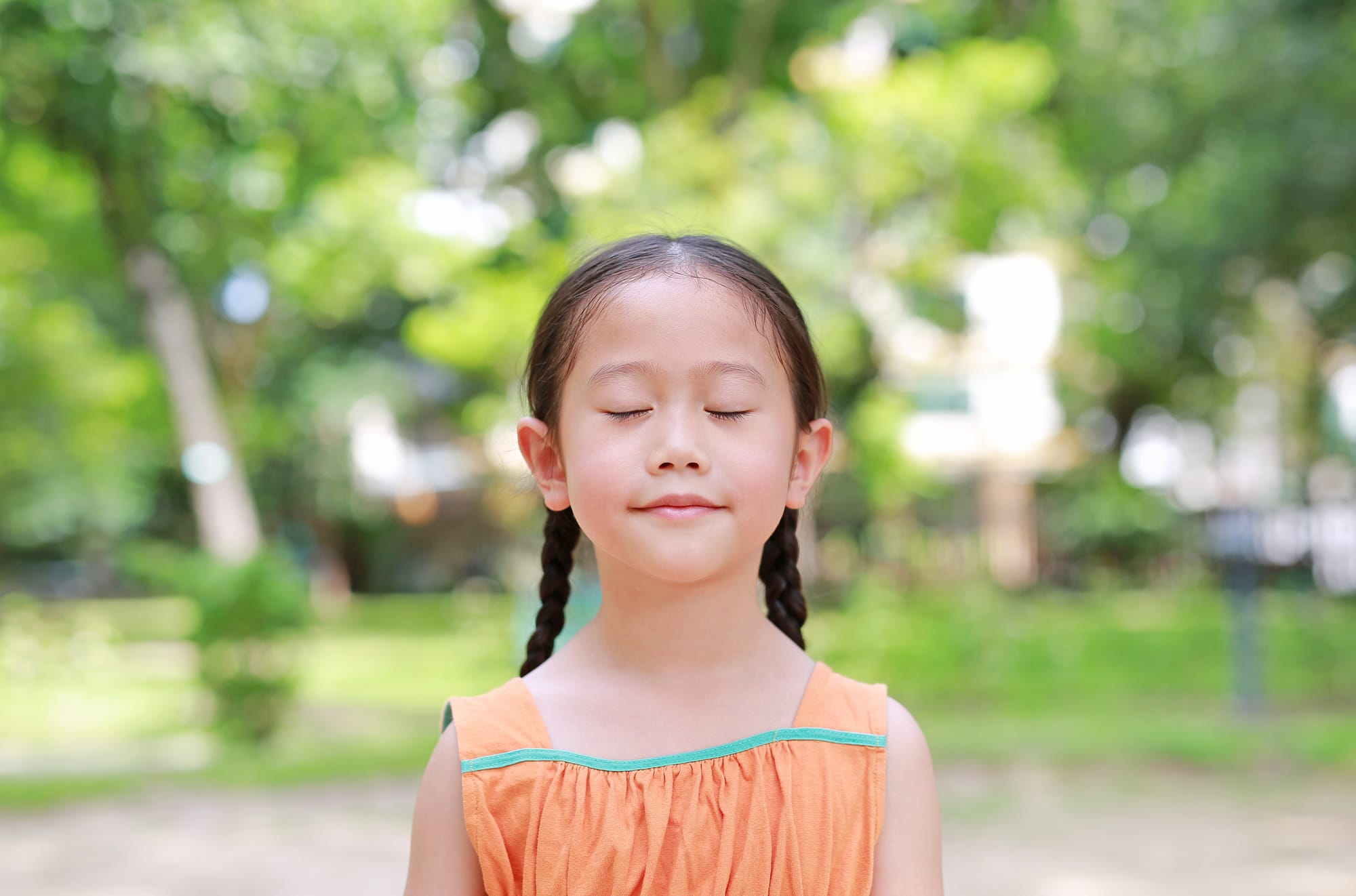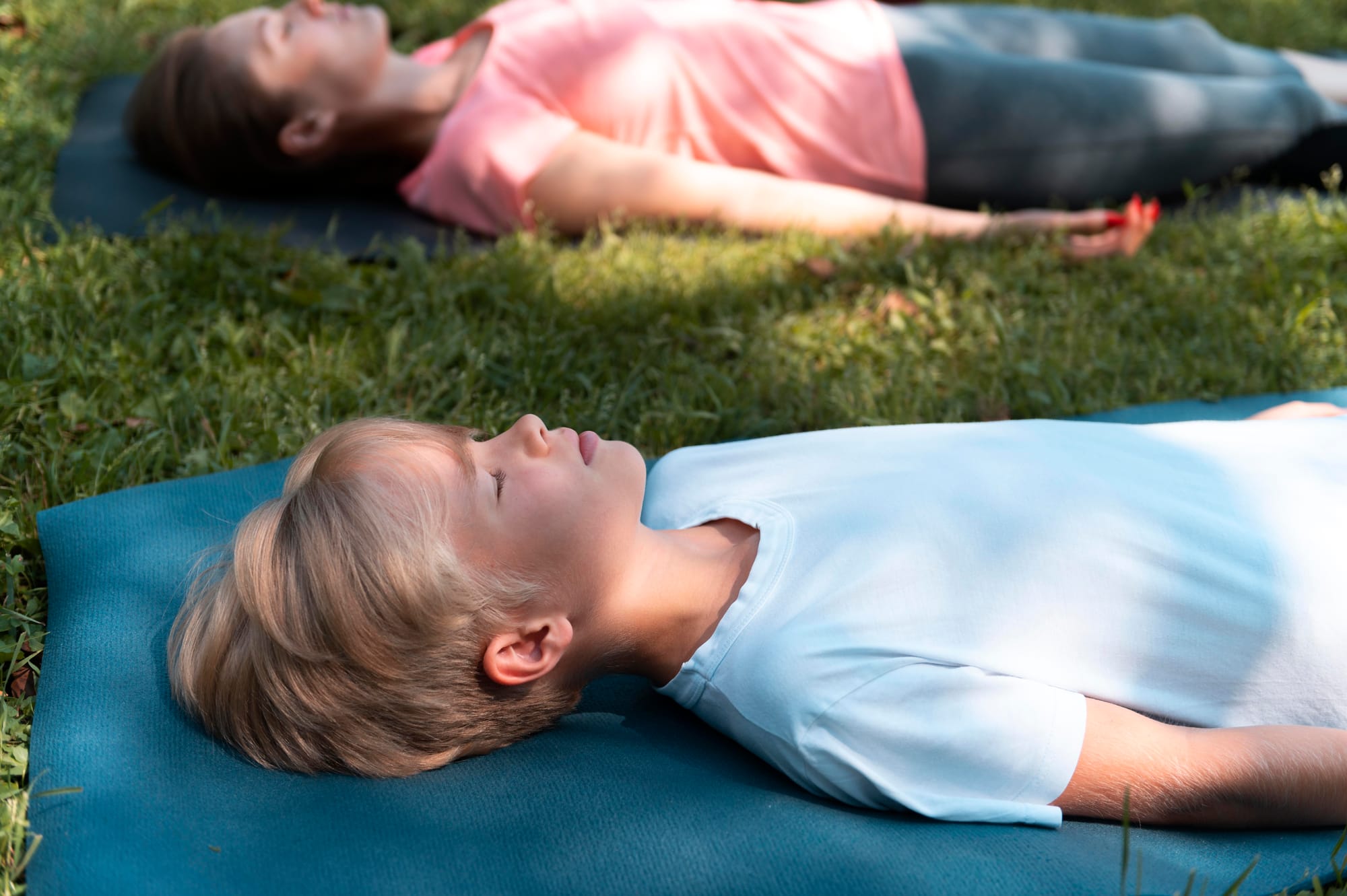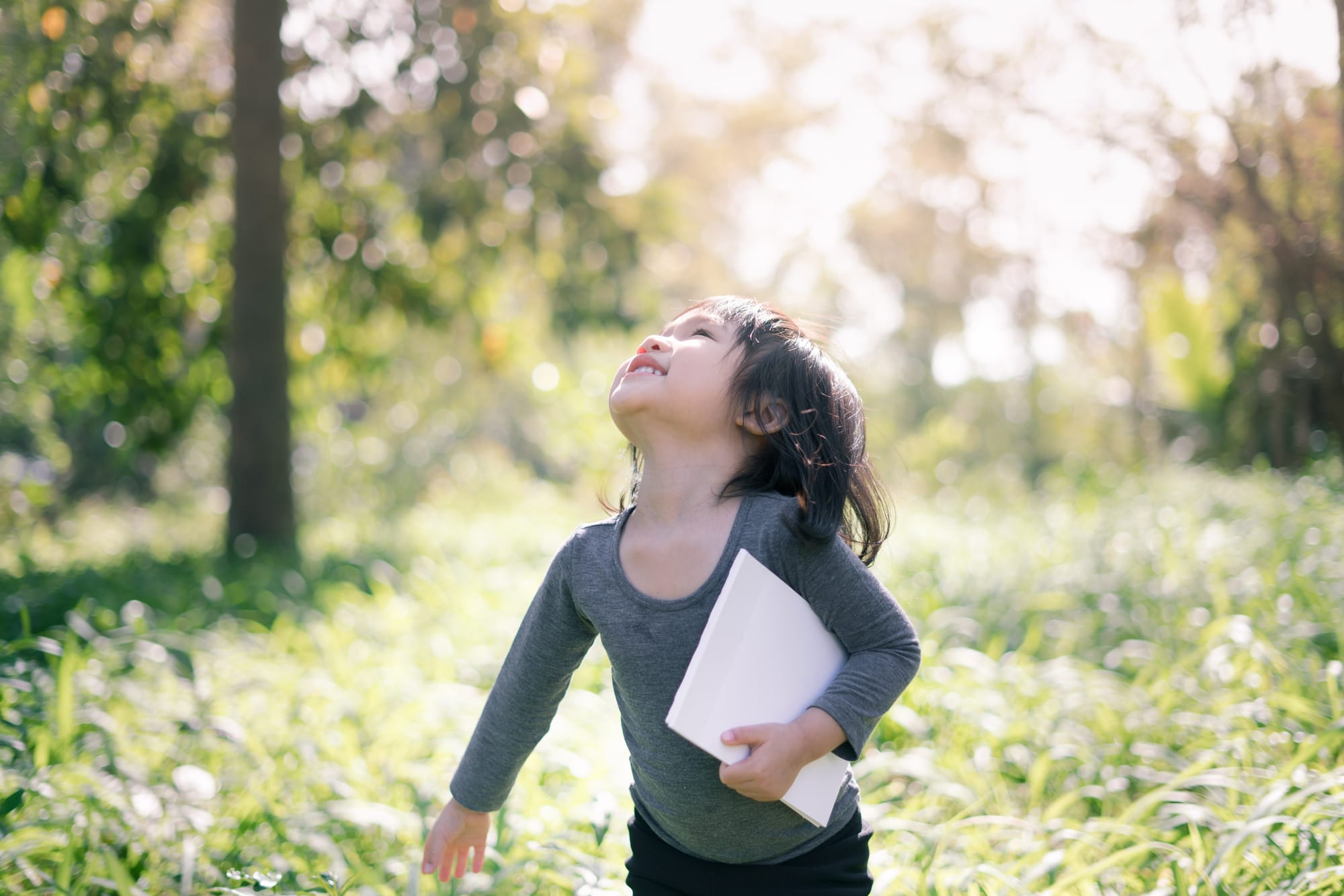Software that runs your operations smoothly, connects you more closely with parents, and affords you more time with the children.
Manage your entire school with one system seamlessly
Predict, manage, track, and boost enquiries and attendances
For parents to tune into your child’s day, anywhere, anytime
Assess and evaluate your staff's performance on one platform
Choosing the right software isn’t easy. But LittleLives isn’t just software, we put your unique needs to the forefront.
There are many alternative software options available, but LittleLives stands out
From single centre to national chains. See how LittleLives is already helping schools of all sizes
LittleLives enables better schools, better teachers, better parents, and most importantly, better students
It's not about the children's learning. Get our resources for yourself, staff, and parents - all for free.
LittleVoices, Big Ideas Partnering with industry experts, we deliver curated content, insights for educators and parents, inspiring growth and connection.
Ultimate Learning Hub: Training Courses, Podcasts, Ebooks, and More! Discover a world of knowledge with our curated videos, podcasts, ebooks, and training courses
ECDA works with participating centers to design community service projects
Connect Globally Through Events, Conferences, and Communities! Engage with diverse communities, local events, and global conferences, fostering connections and building lasting relationships worldwide.

In today’s fast-paced world, even the youngest among us can benefit from mindfulness. Preschoolers, with their natural curiosity and high energy levels, are at a prime age to start learning mindfulness techniques. These simple, playful practices can help children improve focus, manage emotions, and build a foundation for lifelong emotional resilience.
Mindfulness is a powerful tool that helps preschoolers focus, manage emotions, and develop a sense of calm. By tailoring mindfulness activities to their age and developmental stage, we can make these practices engaging, effective, and fun. Below are six detailed activities to introduce mindfulness to young children:
1. Mindful Breathing
Mindful breathing is one of the easiest and most effective ways to help children center themselves. For preschoolers, turning it into a game makes it both enjoyable and accessible.

Ask the children to pretend they’re smelling a fragrant flower. Have them take a slow, deep breath in through their nose as if inhaling the flower’s scent. Then, ask them to imagine blowing out a candle, exhaling slowly through their mouth. Repeat this several times.
- How it helps: This visualization captures their attention and simplifies the concept of deep breathing. Over time, they’ll associate this technique with feelings of calm and control, making it a tool they can use when they’re upset or overwhelmed.
2. Body Awareness Exercises
Helping children become aware of their bodies fosters a sense of connection and calm. A simple body scan can teach them to notice physical sensations and tune into how their body feels.

Ask the children to lie down or sit comfortably. Guide them through a playful “body scan,” starting with their toes. Say, “Wiggle your toes. Can you feel them? Are they warm or cool?” Move up to their legs, tummy, arms, and head, asking them to notice how each part feels.
- Why It Works: Preschoolers are naturally curious about their bodies. This activity not only satisfies that curiosity but also helps them relax and develop body awareness, a key aspect of mindfulness.
3. The Listening Game
Teaching children to focus on their sense of hearing can improve their attention and ability to be present. The listening game is a simple yet powerful exercise.
Use a bell, a chime, or even a jar filled with small beads that you can shake. Ring or shake it and ask the children to listen closely. Tell them to raise their hand or give a signal when they can no longer hear the sound.
- How it helps: This activity trains children to focus their attention on a single sense—hearing—helping them practice being present in the moment. It’s also an enjoyable way to develop their listening skills.
4. Five Senses Exploration
This engaging activity encourages children to connect with their surroundings through their senses. It’s a great way to help them slow down and observe the world around them.

Take the children on a “mindful adventure.” Ask them to notice:
- Five things they can see.
- Four things they can touch.
- Three things they can hear.
- Two things they can smell.
- One thing they can taste (if appropriate, like during snack time). Guide them with prompts like, “What’s the smallest thing you can see?” or “Can you feel something soft?”
- How it helps: By focusing on their senses, children become more grounded in the present moment. It also encourages curiosity and awareness, making it a fun and interactive way to practice mindfulness.
5. Mindful Movement
Preschoolers love to move, so incorporating mindfulness into physical activities is a natural fit. Gentle stretches and yoga-inspired poses can help them focus on their bodies and breathing.
Guide children through simple movements, like pretending to be a tree standing tall and swaying gently in the wind. Or, ask them to be a butterfly, flapping their arms like wings. Encourage them to notice how their body feels as they move and breathe deeply.
- How it helps: Combining movement with mindfulness helps children channel their energy in a focused way. It’s also an excellent way to teach them to stay present in their actions.
6. Mindful Storytime
Storytime is already a beloved part of a preschooler’s day, making it the perfect opportunity to introduce mindfulness. By pausing to reflect on the story, children can practice empathy and awareness.
- How to Practice: As you read a story, pause occasionally to ask reflective questions like, “How do you think this character feels right now?” or “What would you do if you were in their shoes?” Encourage the children to share their thoughts.
- How it helps: This practice helps children engage with the story on a deeper level, fostering both empathy and emotional awareness. It also introduces them to the concept of mindful reflection in a way that feels natural and enjoyable.
By integrating these 6 practices into a preschooler’s routine, mindfulness becomes a natural and enjoyable part of their day. These activities not only help children develop focus and emotional regulation but also create moments of calm and connection that benefit both children and their caregivers.


